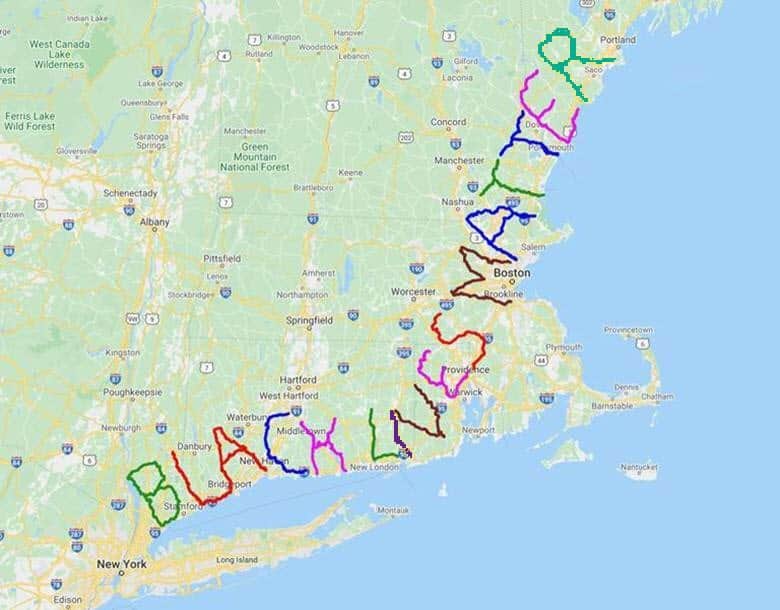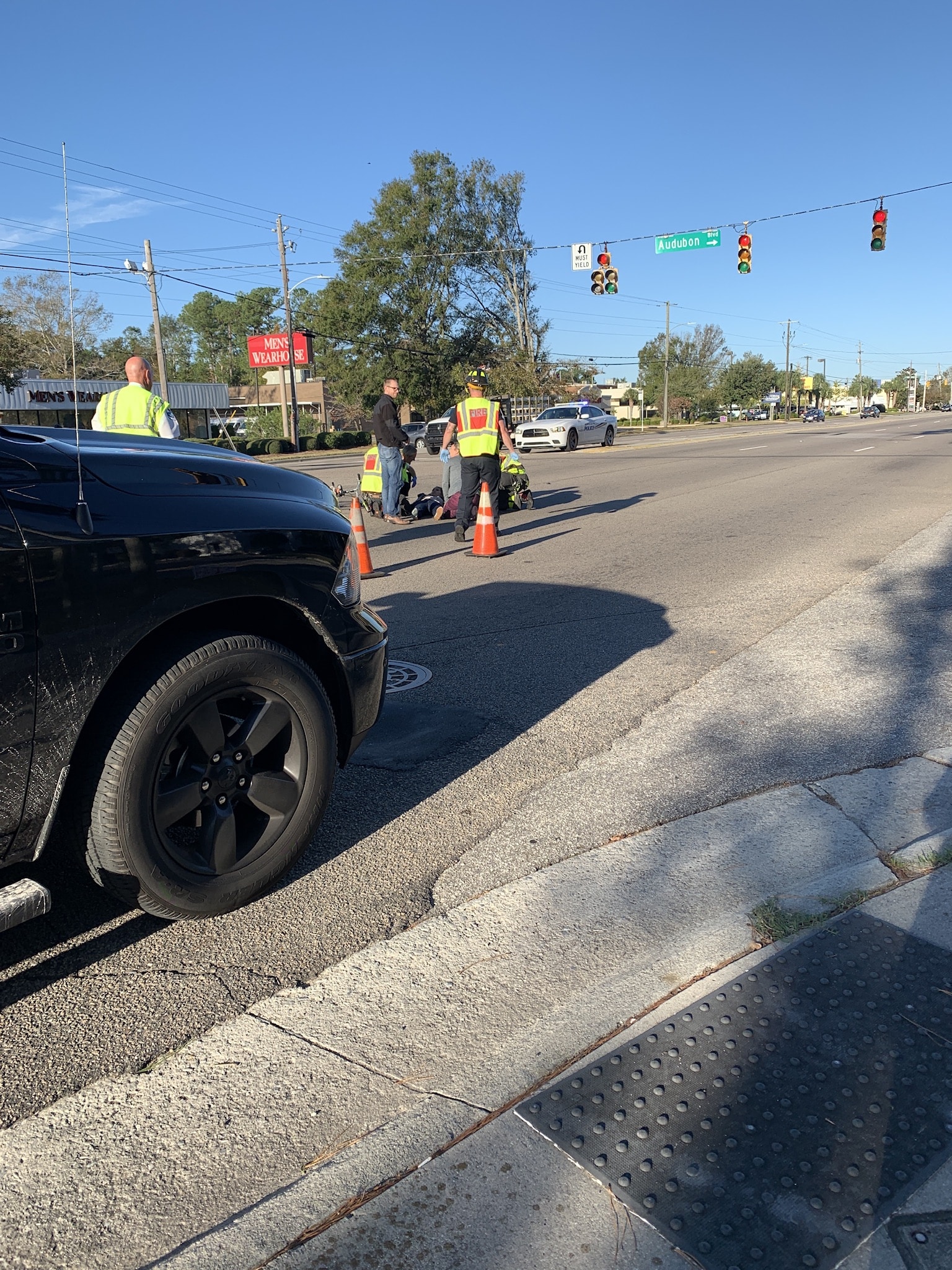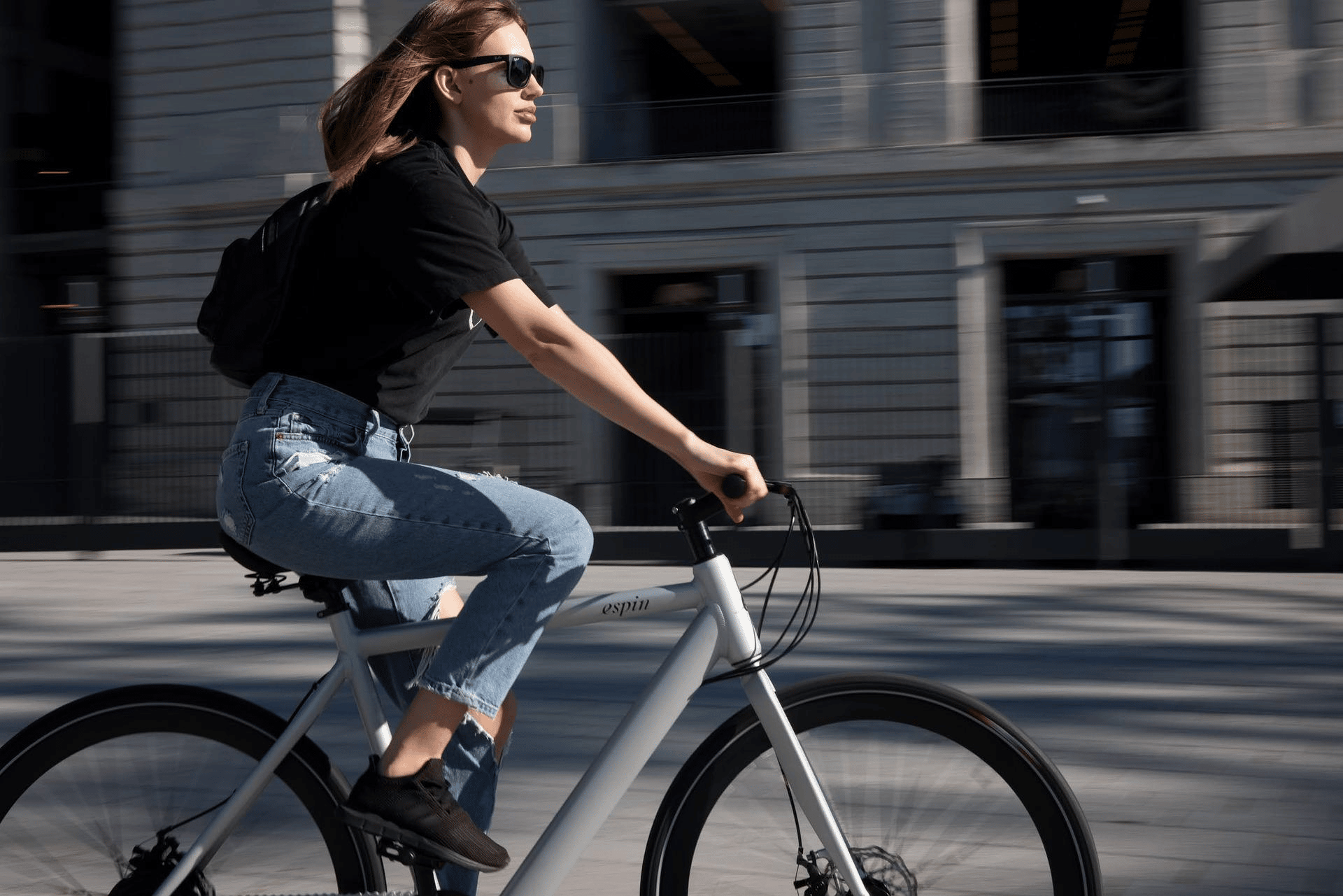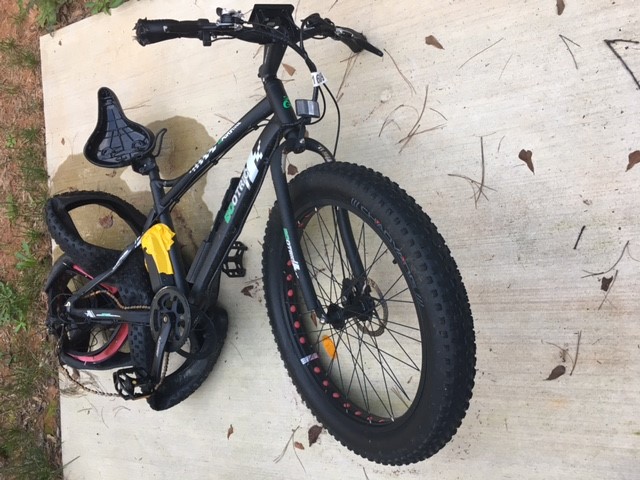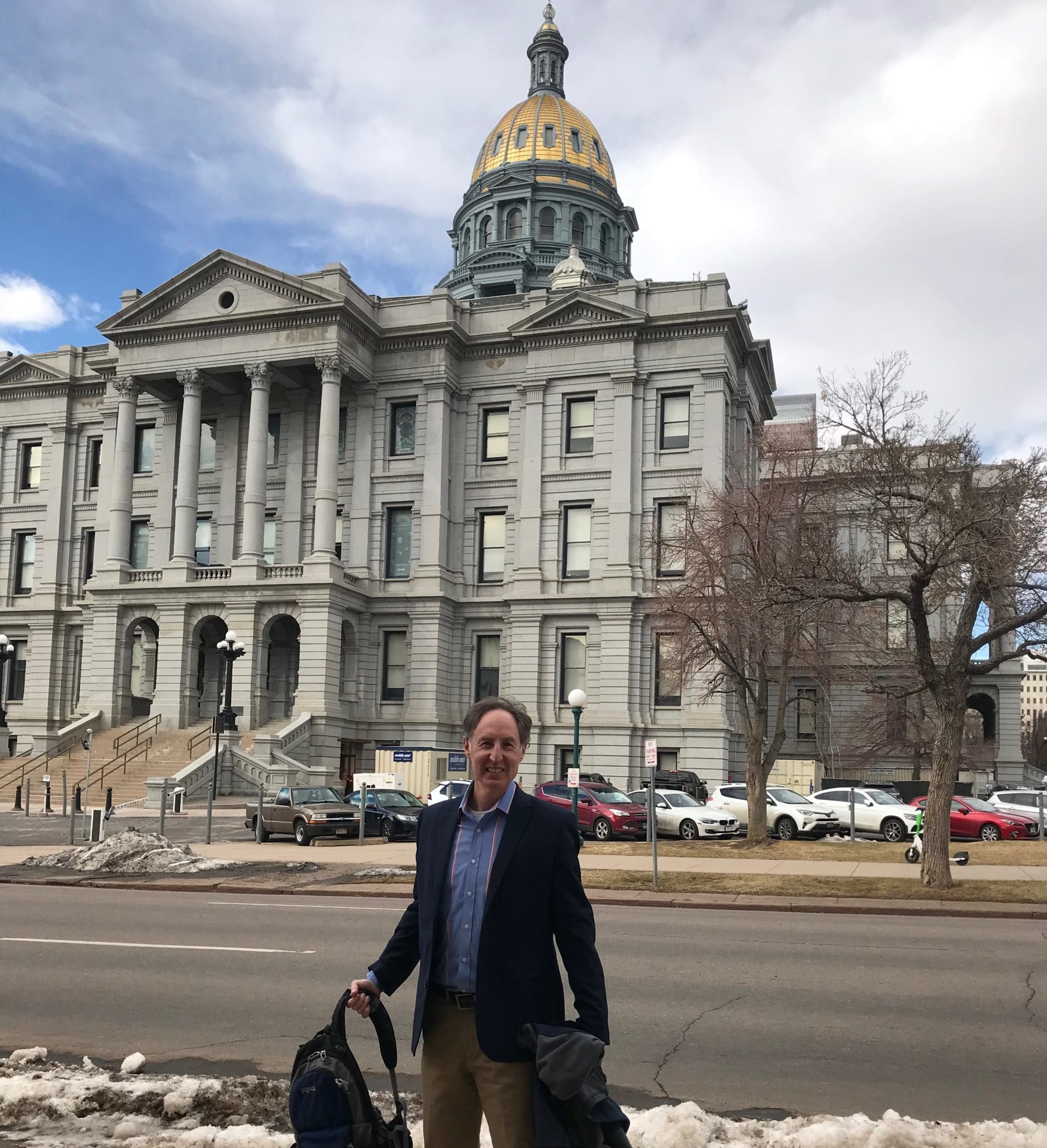Winchester Rippers Are Using the BLM Strava Challenge to Put Racism on the Map of Primarily White Cycling Clubs
Hundreds of athletes are currently in the midst of participating in what may very well be the most significant Strava art project ever – the spelling out of Black Lives Matter from NY to ME in “virtual letters” large enough to be read from outer space. This BLM Strava art challenge initially began as a one weekend event but is now being extended through July 26, 2020 due to increasing interest and last weekend’s heat spell in the northeast.
The BLM Strave challenge, which is to be carried out in accordance with COVID safety guidelines, is an idea originally conceived by several members of the Massachusetts-based Winchester Rippers Cycling Club who felt compelled to do something together as a cycling team in response to the brutal and senseless death of George Floyd. After putting their heads and helmets together, they came up with the idea of using Strava art and heat maps to spell out and underscore the important truth that black lives matter. It was also their hope and intention that their large-scale art project would spark conversation about, and action against, racism within cycling and other communities. They then recruited a core leadership team of nine and housed the project on a website called Wheels of Change (WOC).
What Kind of Impact will the BLM Strava Have?
When I first heard about the WOC BLM Strava project, I was curious, but admittedly reluctant to get involved with it due to some mistaken assumptions about what could actually be accomplished with the project. I had recently read about one black leaders’ criticism of Mayor Muriel E. Bowser’s decision to have “BLACK LIVES MATTER” painted directly on the street leading to the White House as a ‘stunt’ for white liberals. I asked myself whether I might be more impactful using weekend time to get ahead on one of road trauma cases with strands of systemic racism running through it instead of using that same time to paint a virtual “R” across southern Maine on my bicycle.
I also struggled with WOC’s decision to use Strava as a medium for what was being plugged as an inclusive community event, recognizing that the application has a reputation among many people as a platform used by white cyclists to track speed, watts, leaderboards and KOMs, as opposed to a tool readily accessed and heavily used by people who walk and ride bikes out of necessity to get to their essential jobs and meet their essential needs of daily living.
However, I was ultimately won over by the BLM Strava project and ended up riding the ninety-mile letter “R” on a hot, steamy Saturday for three reasons, each of which I elaborate on below.
I did some homework, and I came to recognize that the effort being carried out by WOC is truly more than a one-day whimsical ride and art project.
Upon visiting the WOC BLM website, I learned that the WOC leadership team is a diverse group of individual volunteers committed as much to tackling racism over time as they are to staying on the leaderboards. These are people who are taking a very sincere, brave, sensitive, and inclusive approach to what they are doing and promoting, particularly given the fact that we are in the midst of a global pandemic and economic crisis. With respect to the actual BLM Strava event, members of the WOC BLM leadership team have set clear and high safety, civility, and other standards for themselves and the event’s participants. Organizers have also shown a commitment to inclusivity by making it clear that the event is open to everyone (even those who wish to participate virtually, who don’t subscribe to Strava, and who don’t regularly ride bicycles), as well as by promoting meaningful social justice action over athletic achievement. In addition, they have compiled several thoughtful lists of suggestions on how participation in the Strava challenge can be coupled with meaningful anti-racism action, both on and off the bicycle. Indeed, those who have already signed up and ridden have pledged to carry out a wide range of substantive action, as captured in the image below.
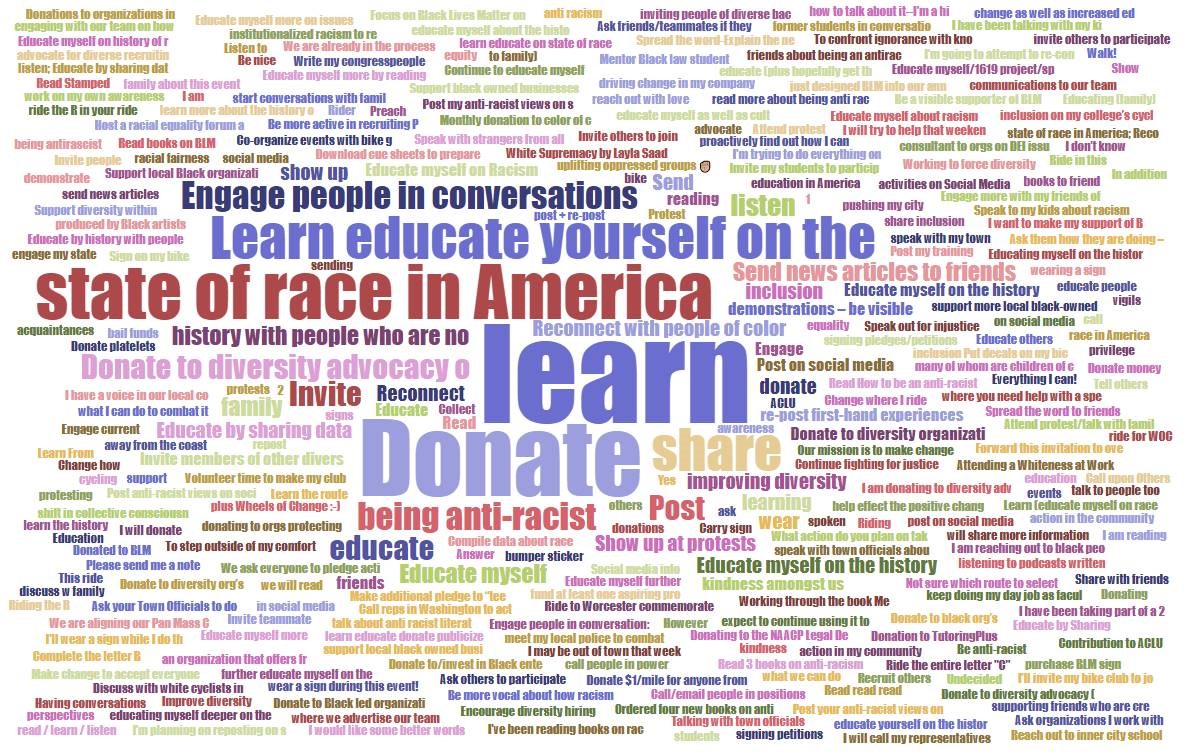
It soon became clear to me that the WOC BLM Project is building strength and stamina on its “off days” (non-event days), which, in my opinion, counts more than the days when Strava “heat maps” are being lit up by riders.
As many of you who have trained for endurance and other events know, we often get as much, if not more, from the journeys that take place before and after race day than they we do from participation in an actual event. That also turns out to be the case with the WOC BLM Strava event. However, I didn’t fully appreciate the full significance of what organizers were hoping to accomplish before “event day” until I experienced ‘training progress” in the context of one of my own cycling listservs.
Without getting into the specifics, here’s what happened.
After information about the WOC BLM Strava event was posted on one of my club listservs, public comments about the BLM movement (both pro and against) were made on the club listserv, followed by further suggestions that cycling and “politics” didn’t mix well, and other statements that people should be able to ride their bikes and participate in the club rides and listserv free of “politics”. One member even announced his decision to unsubscribe to the cycling club’s listserv until the “farce” was over.
Then, another club member pointed out the danger of compartmentalizing ourselves in a way that we only allow ourselves to speak up against racism in certain forums and stay silent in others. More specifically, he wrote:
“[E]quality and racial injustice are NOT political or controversial issues, they are basic human and civil rights [issues]. It is our responsibility as neighbors, as parents, as professionals, and yes, as cyclists, to speak out against racial injustice in all of our communities. Discussions about inequality are necessary and appropriate in all contexts of our lives because that inequality exists in all aspects of our lives.
I don’t have in-depth knowledge of the demographics of [our club] membership, but I will venture that it is predominantly white with incomes above the median. As many of us live with our white privilege every day, it is especially incumbent on all of us to continue to work to end injustice. I am in the very early process of understanding what I can do to help address these issues, but one of the first steps that I’ve taken is refraining from saying “This part of my life doesn’t have to do with the struggle for equality for others.”
I welcome feedback from [the club] board and leadership, as well as anyone else on this list, about what all of us can be doing to actively fight racial injustice in our cycling community.”
Once these remarks were made, other club members began standing up and speaking out too. Regardless of whether there was agreement about what was being said, the comments were put out there and heard by many of our members and our board. The wheels of change were set into motion.
After talking to one of the BLM event organizers, I learned that the types of exchanges that took place on our club listserv were also happening on other cycling listservs and communities throughout New England, which was precisely what organizers hoped would happen. Even before the ride had begun, important conversations about racism were starting to occur and people were speaking up and listening to one another. This was something I could get behind.
During this time of so much strife, tension, and uncertainty, shared creative and athletic experiences that provide opportunity for pause and reflection are more important than ever.
The final reason I decided to participate in the WOC BLM Strava ride was my need for community, creativity and connection. With all of the chaos and uncertainty over the last several months, I needed an experience that was going to connect me to others, give me time to reflect on how I wanted to continue to go about addressing racism and social inequities, and creatively engage with the world outside of my usual 30 mile radius. I also needed some socially distanced riding time with people I trusted and who I knew had strong moral (and other) compasses. What WOC put out there for me and others was just that—a creative shared art experience with a purpose.
Others who rode last weekend obviously had similar needs and experiences.
Trish Karter, shown below wearing a BLM sign on her back, wanted to engage not only the riding community, but the public with the experience and learned a lot by the reactions she got, including from the gentleman who held the door to a diner open for her and then went on to tell people at his table that his life mattered too.
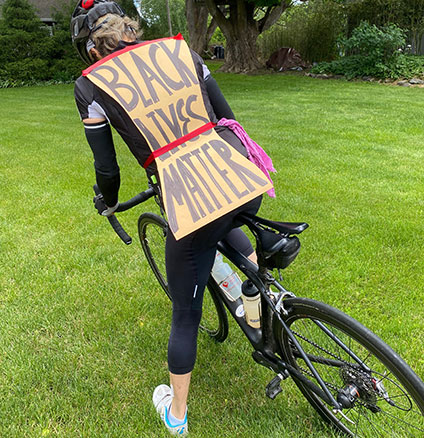
Similarly, Michael Lawrence sent me these reflections about his BLM Strava ride, which evidence that he logged much more than mileage on the day of the event:
“I, along with most everyone who participated, regardless of which letter they rode, must have passed by countless Black Lives Matter signs in yards, on buildings, in town centers; messages for justice for Black folks who have been murdered at that hands of unjust police actions, and other calls for an end to the systematic oppression of Black people in this country. We see these every day in our daily lives now out and about, but of course when you’re on a bike, you see and notice so much more. These signs, and the participation in this event, are a tremendous showing of support and a reminder that a new consciousness is awakening in this country. I thought about this as I rode through the predominantly white suburbs west of Boston.
While I saw dozens of cyclists out there on Saturday, I can count on one hand the number of Cyclists of Color whom I encountered along the route. The ride ended in predominantly non-white Readville/Hyde Park, where I saw not only zero Cyclists of Color, but zero cyclists period (aside from the 2 pals I was riding with). So, I proceeded to ask myself during the course of the ride, and afterwards: Why? I can think of many reasons why there are so few Cyclists of Color in the Boston area, let alone the country. My cycling pals and I talked about this at a water stop at Fern’s General Store in Carlisle. Is the reason economic? Geographic? Accessibility? Is it just a racist sport? Other reasons? I also started reflecting on this question of “why” when I rode two weeks ago to the Major Taylor memorial statue at the Worcester Public Library as part of the Million Miles for Justice campaign.
And then I saw a posting on Instagram yesterday by a friend of mine, who is a Woman of Color and an outdoors enthusiast. She was lauding a white, male friend of hers for posting the following. Sure, all of the questions posed above are part of the bigger picture and weaved into the complicated history of race in this country. But I think all of these reasons stem from the thought-provoking (if not, for white readers, potentially shocking or offensive rationale) that white interest in the outdoors as recreation is a privilege. Black people, historically, were not granted the same access to recreation as were whites. Further, white interest in the outdoors as a spiritual escape is also a privilege. Transcendentalism and the Romantic emphasis on “solitude” were not part of the Black experience, and, in fact, being alone in the woods – be it on foot or on two wheels – was likely a thing of nightmares. Black experience cannot go back very far in history regardless of geography, before it encounters true terror.
What I cannot do is to apologize for or feel guilty as a white person about my own reasons for being a cyclist enthusiast, including my predilection for solitude, peace and quiet on country roads, or the thrill of getting a KOM on a Strava segment. But what this thought-provoking post did make me realize is that it is my responsibility to recognize my own standing in relation to the issue, how I am part of a system that enables it, and what I, and we, can do to help change this.”
Clearly, Michael needed this ride as much as it needed him.
Leaders and Resources
Among those who have been thinking hard about “what we can do to help change this” and speaking up and out about racism in the cycling community for some time are Melanie Morris and Randolph Williams, two of the nine WOC core leadership team members.
Melanie, shown below, is the founder of two chapters of the “Yellow Jackets” cycling groups—one in Massachusetts and one in New York, which she began twenty-one years ago with the specific purpose of introducing the sport of cycling to people of color. Her current efforts are focused on helping cycling clubs with primarily white memberships to diversify.
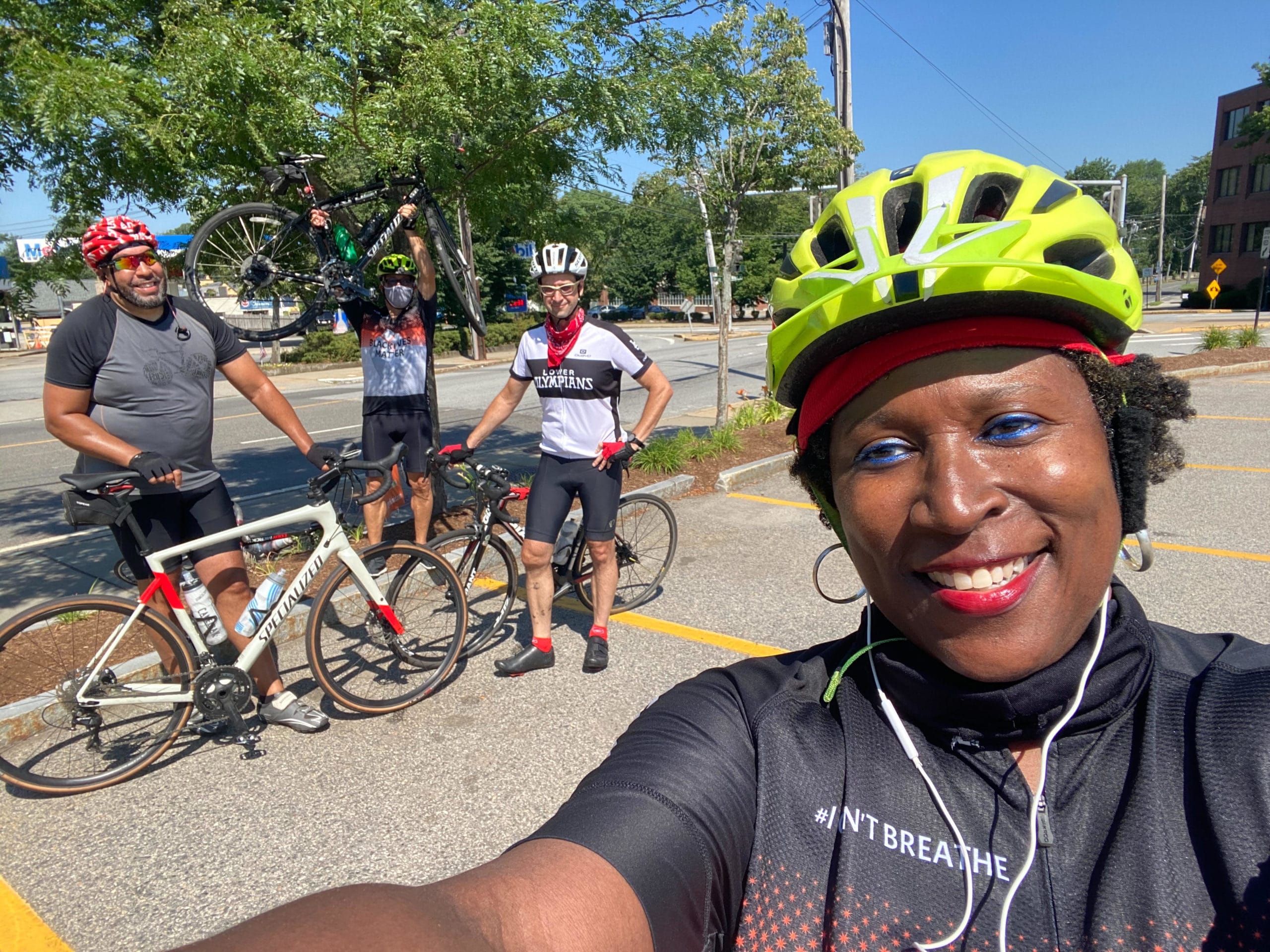
Randolph has been at the center of the Wheels of Change BLM Strava project and has written a blog post on “biking while black” where he shares experiences like what it feels like for him as a black cyclist to bike through a gated community, interactions with the police, his family’s fears about him bicycle touring as a black man in unfamiliar territory, and resources on cycling diversity. Randolph has all developed this list of questions for his own clubs’ leadership teams, which are worth consideration by all club leaders and their members:
- Is the club website images reflective of the club membership?
- Given the cycling population growth with minorities, why is that our club has not reflected this growth?
- What can this club can do to decrease the barrier to entry?
- How can the club promote bicycling infrastructure in poorer communities?
- How can we increase our advocacy to reduce “invisible cyclists”?
- What is the cumulative effect of using tools like Strava for urban planning when not everyone can afford it?
- Does the club consider monitoring bike and police interactions as part of our charter? Why or why not?
While the questions posed by Randolph may be hard questions to grapple with, they need to be addressed by clubs across the country. We are unlikely to see more diversity in our cycling communities (which is not good for any of us) unless we start holding ourselves accountable for answering these questions and acting to change the shortcomings and deficits within our clubs.
Clubs Taking Action
Fortunately, there are a number of clubs that are already starting to take action in response to Randolph’s post, the WOC BLM Project and on their own. Kudos go out to “Team Psycho” a triathlon team in Massachusetts who had half of its members ride in last weekend’s event and committed to: expanding their main charitable endeavor, the Elite Development Program, to include supporting up-and-coming black triathletes, and starting a new program for youth in the inner city to use swimming, biking and running as a means to instill healthy habits, water safety/competence and confidence from an early age.
Cheers also go to the Rippers and the Charles River Wheelers Club, who have begun tackling Randolph’s questions and have formed committees to increase diversity within their clubs. The Charles River Wheelers Club has also made a commitment to teach all of its members about Major Taylor, the world’s first black sports superstar and world cycling champion, and hopes to have a Major Taylor ride in 2021 and lecture at his monument at the midpoint of the ride. Similarly, several Boston area clubs, including the Yellow Jackets, the Urban Cycling Club and the Rippers are all working together on a 2021 Juneteenth Ride.
Other Ways for Riders and Clubs to Use Strava to Tackle Racism
Because the WOC BLM geo-art project is being carried out through Strava, and because there are several other references to Strava in this piece, I also wanted to touch on some other potential uses of the platform to tackle racism.
- Clubs who regularly use Strava may wish to consider assisting some of their members, as well as rising athletes without resources, with purchasing and or acquiring premium Strava memberships, so that all club members and competitive riders have access to the same training tools and features.
- Because Strava data is used as an urban planning tool, and because there are concerns about use of the application contributing to gentrification or inequitably planned communities, cyclists and clubs may wish to consider regularly recording and diversifying their bicycle commutes, as well as teaching groups and organizations throughout their communities, including AARP groups, walking school bus groups, and others, how to download and use the free Strava application to record their activities for that purpose.
- Cyclists and clubs can and should remain aware and conscientious of Strava’s Community Standards, including those relating to offensive content.
- Racially offensive and other insensitive Strava segment names should immediately be called out, and if necessary can be removed through the help of Strava customer support and/or the public.
- Proactively, clubs may wish to consider naming segments after black leaders, heroes, and significant African American historical sites in their neighborhoods and communities.
- Clubs can and should continue calling on Strava to support efforts like WOC BLM.
- Clubs can and should hold Strava fully accountable to the commitments made in their recent “we must do better” statement.
- Clubs, shops, school teams and others could ask Strava to donate premium memberships to low income and student athletes that do not have the same ability to afford premium memberships as others in their racing and riding communities.
Opportunity Awaits
For those interested in registering for the WOC BLM Ride this upcoming weekend, don’t forget to check out the details on their website. Whether you choose participation in the WOC BLM efforts or other ways to engage, now it the time to act. Get out there and use the power of the bike and your stamina as an athlete to fight for civil and human rights, address racial inequities, and demand justice in your cycling and other communities. Also, please be sure and share your experiences and actions with Bike Law and Wheels of Change. We want to hear what you are doing and learn from your efforts.
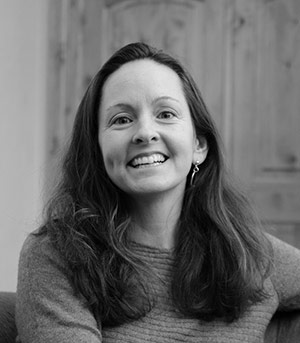
Lauri Boxer-Macomber has been an avid rider for decades. Lauri’s Maine law practice is focused on advocating for the rights of bicyclists, pedestrians, and other vulnerable road users.
Lauri’s riding experience and legal training are complemented by her advocacy work. She is an active Board Member of the Bicycle Coalition of Maine, a Governor of the Maine Trial Lawyers Association, and a Member of the American League of Bicyclists. She also chairs the Bicycle Coalition of Maine’s Policy and Legislation Committee and is one of the founding members and facilitators of the Bicycle Coalition of Maine’s Law Enforcement Collaborative, a group of law enforcement officers, planners, bicycle advocates, and others who meet regularly with the goal of improving safety on Maine’s roadways.



